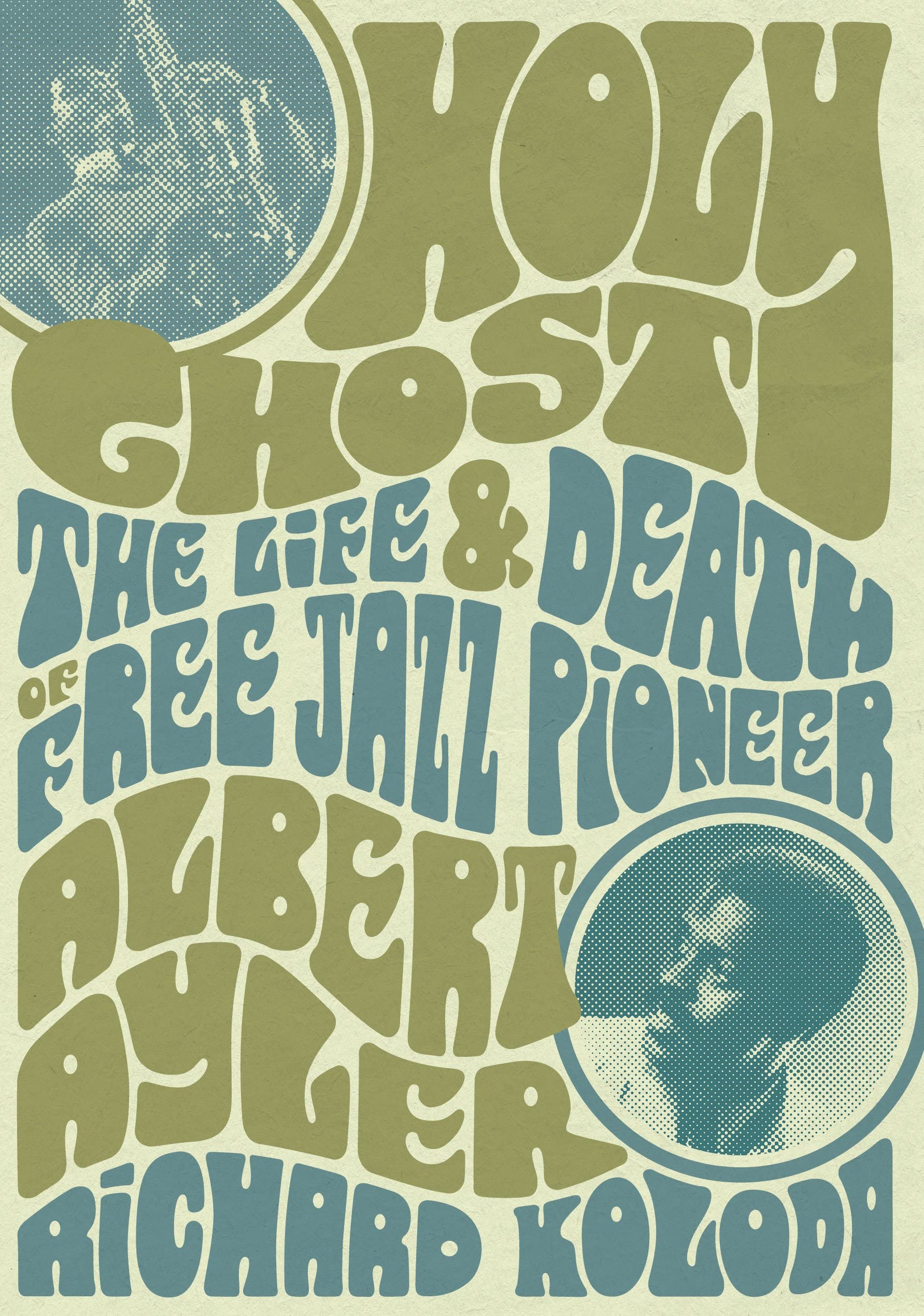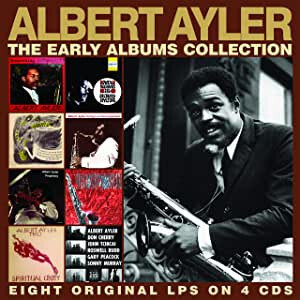What do you think?
Rate this book


312 pages, Paperback
Published November 15, 2022
Val Wilmer was the first critic to notice this source in Ayler’s music. It was the coalescence of all that preceded him—spirituals, funeral dirges, bugle calls, the blues, and marches of the past. His growls, she wrote, would ‘produce coarse, gutteral effects’ that hark back to the sounds of Earl Bostic and Illinois Jacquet.
The notion of collective improvisation which pre-dated even King Oliver found its modern incarnation in the Ayler brothers’ free jazz: it was spiritual music that demanded musicians listen to each other, rather than being concerned with what they themselves were playing. It was ‘free’ music in the sense that it was built on the relationship of free sounds.



